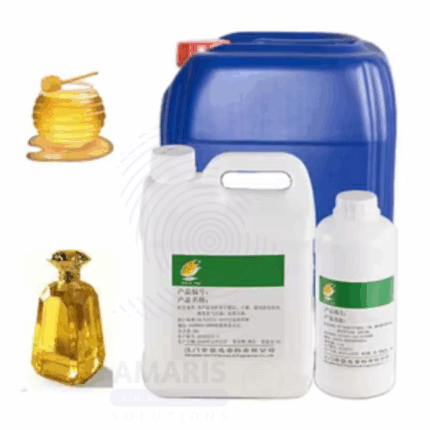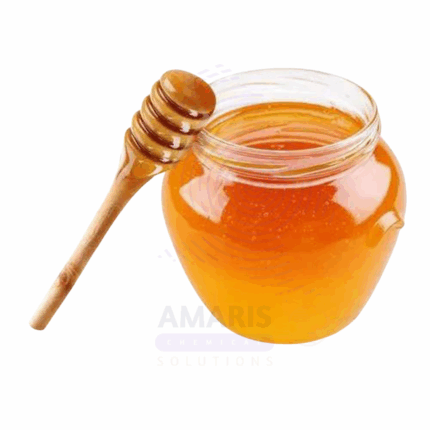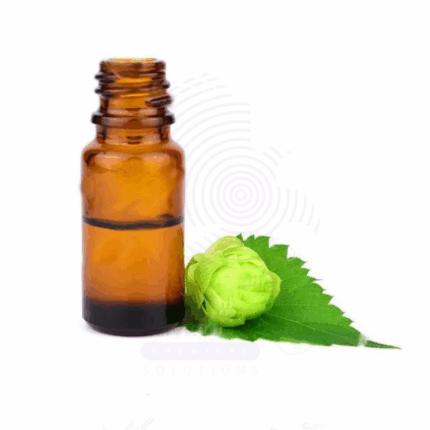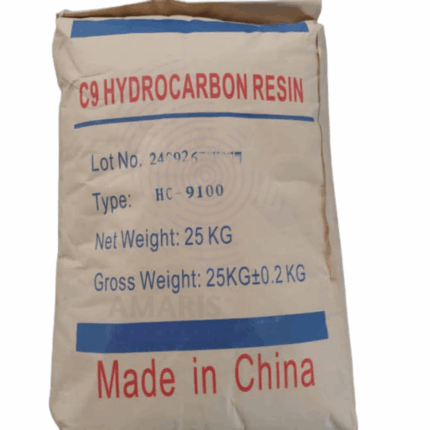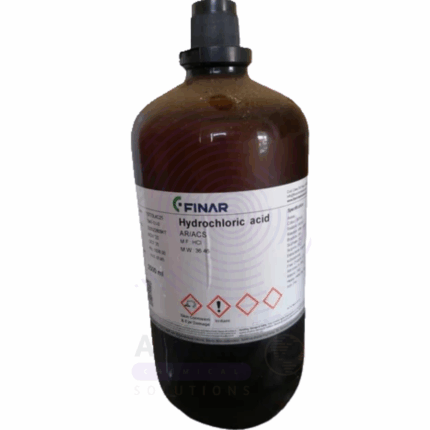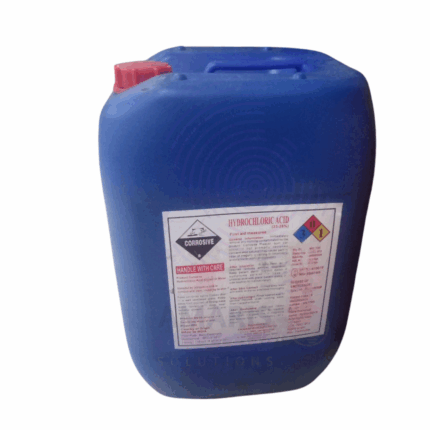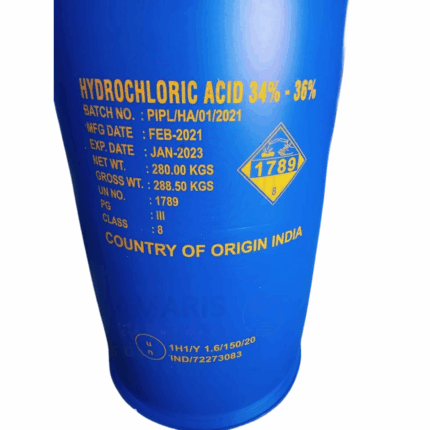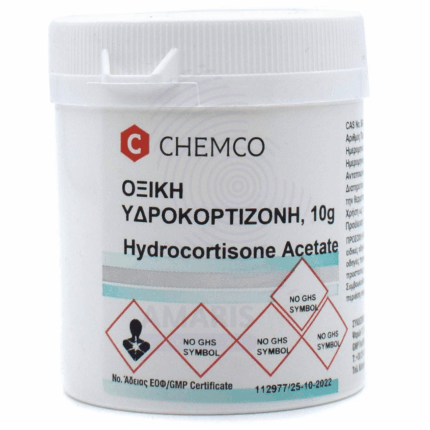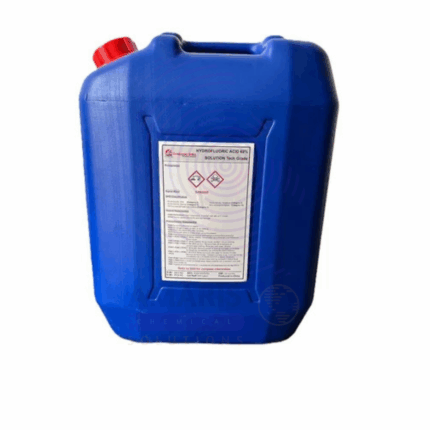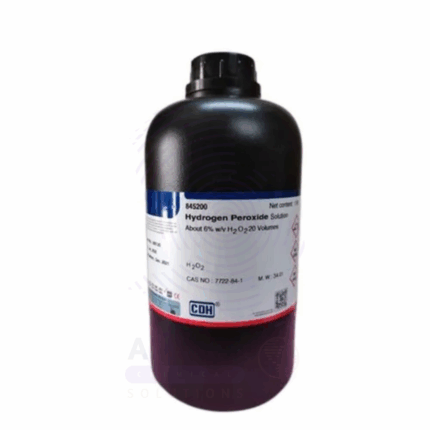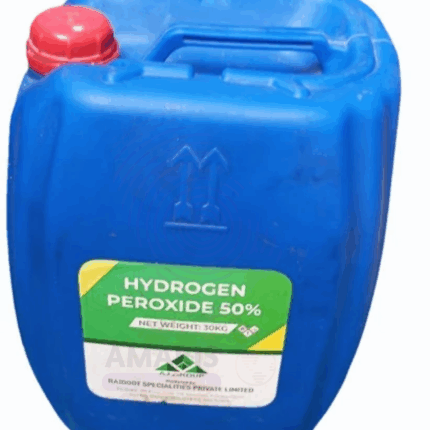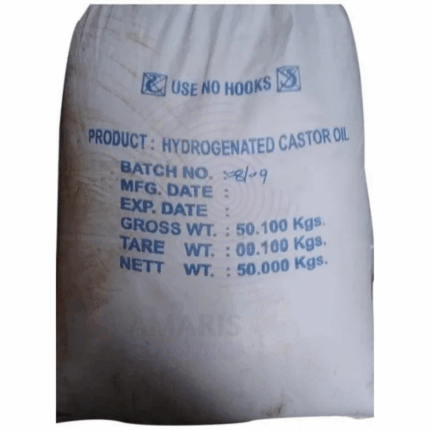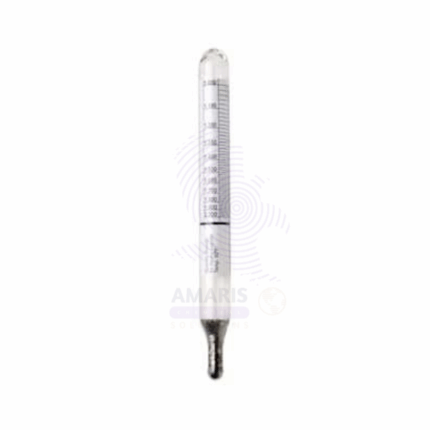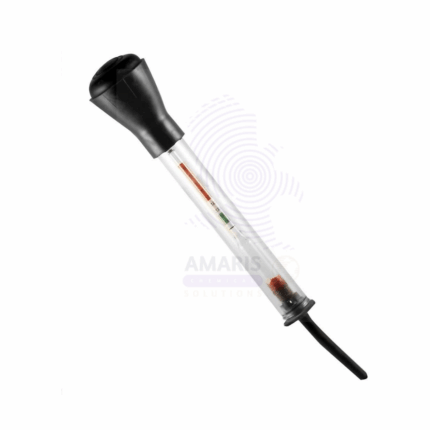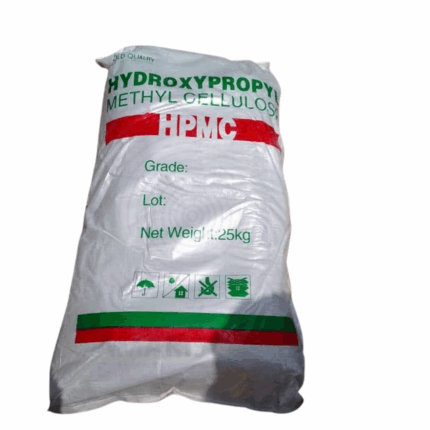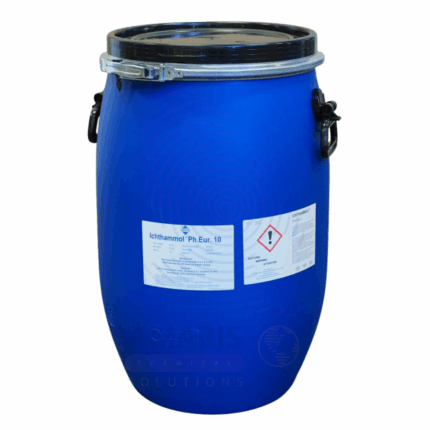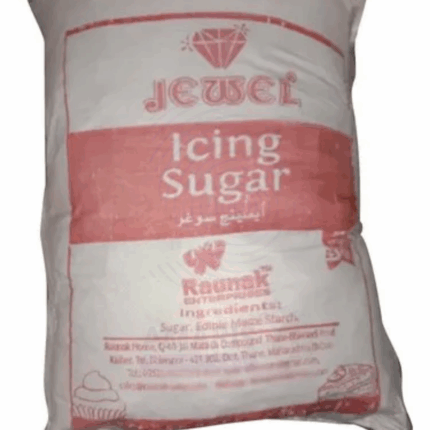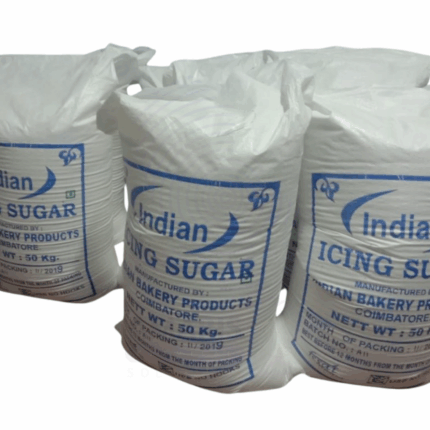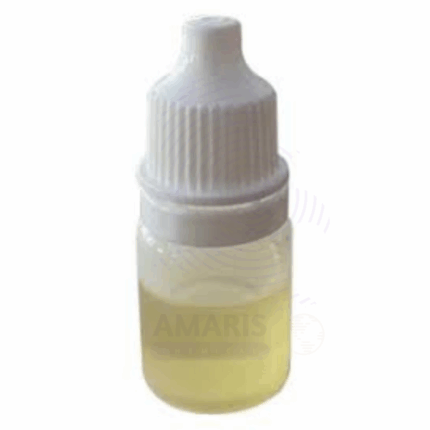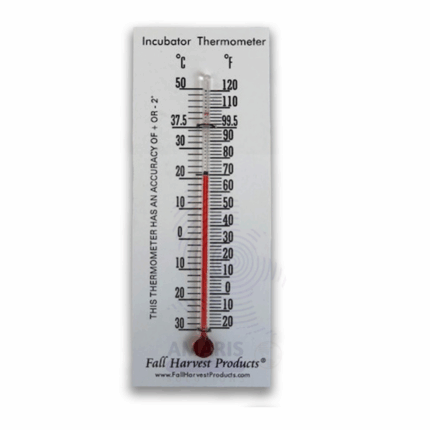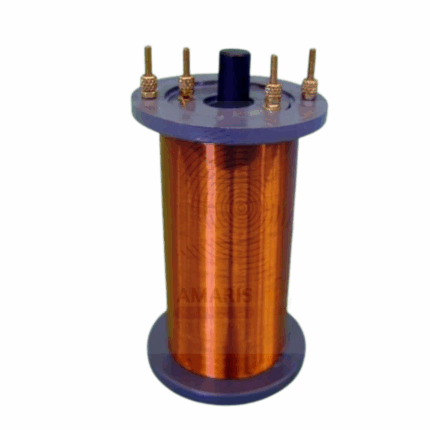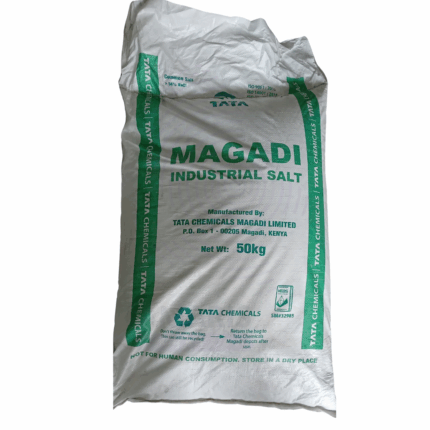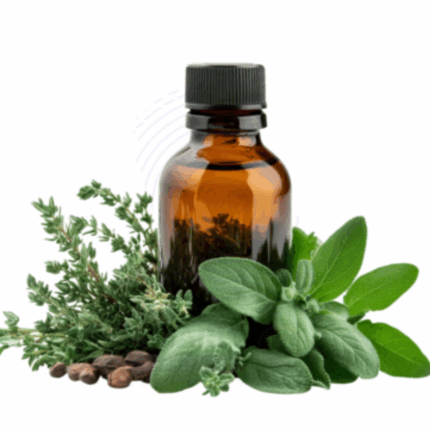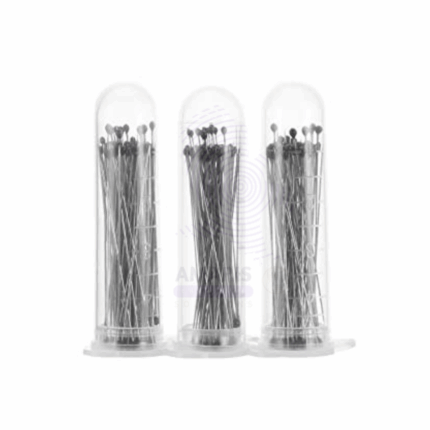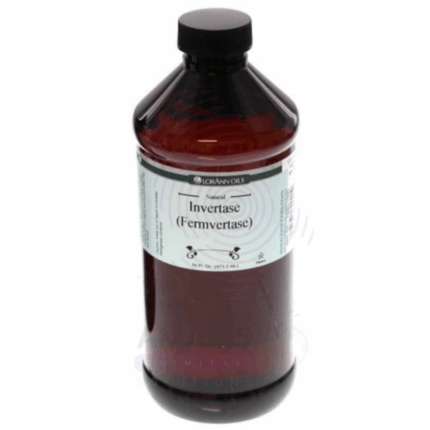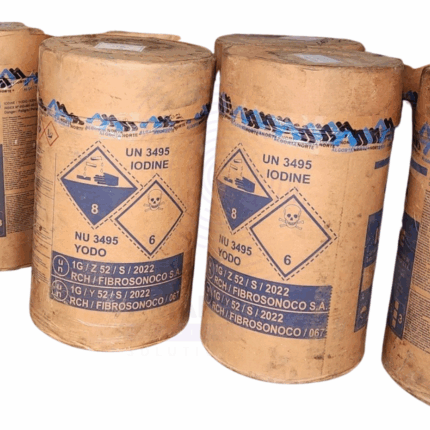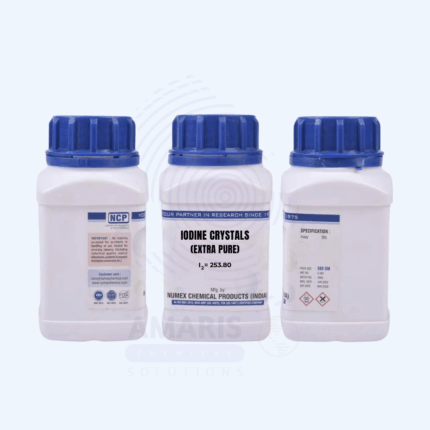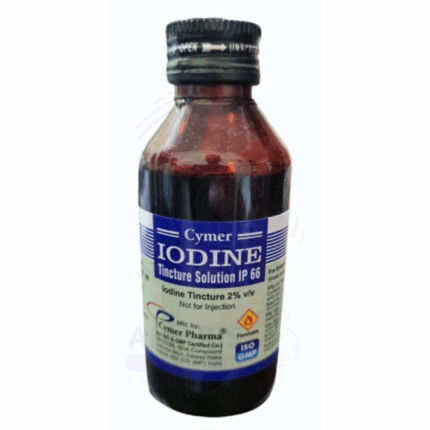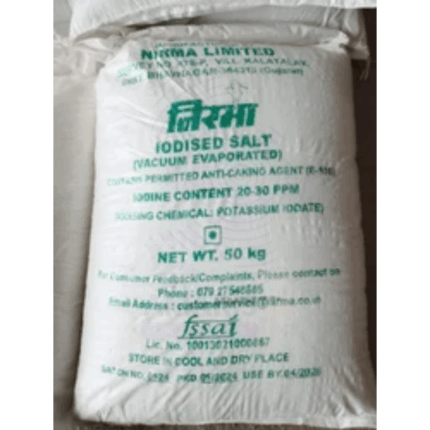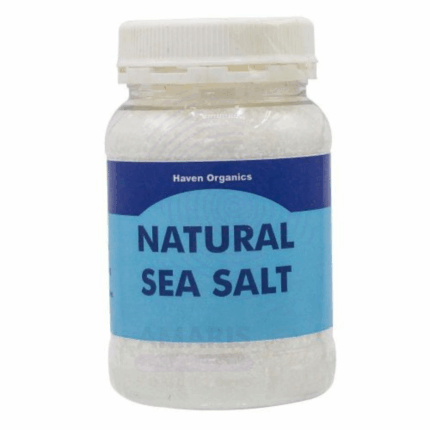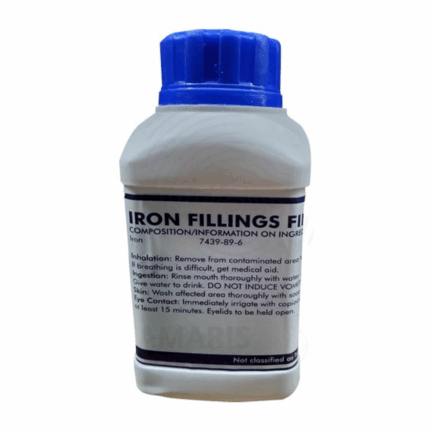
Honey Fragrance Oil
Honey Fragrance Oil is a richly aromatic oil designed to replicate the warm, sweet, and inviting scent of natural honey. This high-quality fragrance oil is widely used in personal care, cosmetic formulations, and household products to impart a comforting honey aroma. It blends seamlessly with other fragrance components and offers excellent scent longevity and stability. Manufactured with premium ingredients and adhering to industry standards, Honey Fragrance Oil is ideal for candles, soaps, lotions, perfumes, and air fresheners, providing a natural and pleasant honey fragrance experience.
Honey Special Liquid Flavour Food Grade
Honey Special Liquid Flavour Food Grade is a premium food-grade flavoring agent designed to replicate the rich, sweet, and natural aroma and taste of pure honey. This liquid flavor is ideal for enhancing the sensory qualities of a variety of food and beverage products. It offers excellent stability and solubility, making it suitable for use in drinks, baked goods, confectionery, dairy products, and sauces. The flavoring is carefully formulated to provide an authentic honey experience without the viscosity of natural honey, allowing for easy blending and consistent flavor delivery. Manufactured under strict quality control, it complies with food safety regulations and supports clean-label product development.
Hop Oil
Hop Oil is a volatile essential oil extracted via steam distillation from the cone-shaped flowers (strobiles) of the hop plant (Humulus lupulus). It has a complex, herbaceous, slightly bitter aroma with earthy, floral, and spicy undertones. Known for its calming, sedative, and antimicrobial effects, Hop Oil is widely used in aromatherapy, cosmetics, herbal formulations, and specialty beverages.
Traditionally linked with beer production, Hop Oil also finds application in natural perfumery, body care, and wellness products aimed at promoting relaxation. Its bioactive compounds such as humulene, myrcene, and caryophyllene contribute to its diverse functional and aromatic value.
HPMC Vivapharm
HPMC Vivapharm is a high-quality, pharmaceutical-grade hydroxypropyl methylcellulose polymer widely used as an excipient and functional ingredient. It appears as a fine, white to off-white, odorless powder with excellent solubility in cold water and forms clear, viscous solutions. This cellulose ether derivative offers excellent film-forming, thickening, emulsifying, and controlled-release properties. Vivapharm E50 is prized in pharmaceutical, food, and cosmetic industries for its versatility, stability, and safety profile.
Hycryl
Hycryl is a specialized acrylic copolymer resin designed primarily for industrial and cosmetic applications. It appears as a white to off-white powder or granules with excellent film-forming, adhesive, and thickening properties. Known for its compatibility with a wide range of solvents and plasticizers, Hycryl 77 provides excellent clarity, flexibility, and durability in coatings, adhesives, and personal care formulations. Its balanced molecular weight and functional groups enable it to deliver strong binding and aesthetic properties in both aqueous and solvent-based systems.
Hydrazine Food Grade
Hydrazine Food Grade is a high-purity form of hydrazine (N₂H₄), a highly reactive, colorless, and fuming liquid with a pungent ammonia-like odor. It is a powerful reducing agent and chemical intermediate widely used in industrial applications. The food-grade specification ensures purity and controlled impurity levels suitable for limited and specialized food industry uses, primarily as a processing aid or sterilizing agent. Hydrazine exhibits strong nucleophilic and reducing properties, enabling various chemical transformations and sterilization processes.
Hydrocarbon Resins C5 And C9 Petroleum Resins
Hydrocarbon Resins C5 And C9 Petroleum Resins are synthetic petroleum-derived resins produced through the polymerization of C5 (pentene) and C9 (nonene) fraction monomers. These resins appear as pale yellow to amber solid materials, usually in pellet or flake form, characterized by tackifying and adhesive properties. C5 resins are derived from aliphatic hydrocarbons, while C9 resins originate from aromatic hydrocarbons. Often blended, these resins provide a balance of hardness, tackiness, and compatibility with various polymers. Widely used as tackifiers, binders, and modifiers, C5 & C9 hydrocarbon resins enhance performance in adhesives, coatings, rubber compounding, and more.
Hydrochloric Acid Extra Pure
Hydrochloric Acid Extra Pure is a highly concentrated and refined form of HCl, known for its exceptional purity and reliability in laboratory and analytical applications. This strong, corrosive mineral acid is commonly used for pH regulation, sample digestion, metal cleaning, and inorganic compound synthesis. Its extra pure grade ensures minimal impurities, making it suitable for high-precision chemical analysis, reagent preparation, and critical industrial processes. Due to its reactive and volatile nature, it must be handled with care under well-ventilated conditions and stored in corrosion-resistant containers.
Hydrochloric Acid HCL
Hydrochloric Acid HCL is a highly corrosive, strong mineral acid consisting of hydrogen chloride gas dissolved in water to a concentration of approximately 33% by weight. It appears as a clear, colorless to slightly yellow liquid with a sharp, pungent odor. HCl 33% is widely used in industrial, chemical, and laboratory applications due to its strong acidic properties, high reactivity, and versatility. It plays a crucial role in pH control, metal processing, chemical synthesis, and cleaning processes across numerous sectors.
Hydrochloric Acid HCL 270 kg Drum
Hydrochloric Acid HCL 270 kg Drum is a highly corrosive, strong mineral acid consisting of hydrogen chloride gas dissolved in water to a concentration of approximately 33% by weight. It appears as a clear, colorless to slightly yellow liquid with a sharp, pungent odor. HCl 33% is widely used in industrial, chemical, and laboratory applications due to its strong acidic properties, high reactivity, and versatility. It plays a crucial role in pH control, metal processing, chemical synthesis, and cleaning processes across numerous sectors.
Hydrocortisone Acetate
Hydrocortisone Acetate is a synthetic corticosteroid ester derived from hydrocortisone (cortisol). It is a white to off-white crystalline powder, practically insoluble in water but soluble in alcohol and acetone. This compound exhibits potent anti-inflammatory, immunosuppressive, and anti-allergic properties, making it widely used in pharmaceutical and dermatological formulations. Hydrocortisone Acetate acts by modulating gene expression to reduce the production of inflammatory mediators, thereby alleviating symptoms in various inflammatory and autoimmune conditions.
Hydrocortisone Base BP Micro
Hydrocortisone Base BP Micro is a highly purified, micronized form of hydrocortisone base compliant with British Pharmacopoeia (BP) standards. It is a white to off-white fine powder designed for enhanced solubility and bioavailability in pharmaceutical formulations. As a corticosteroid hormone analog, it exhibits potent anti-inflammatory, immunosuppressive, and anti-allergic activities. The micronized particle size (~93 microns) facilitates improved dispersion in topical, injectable, and oral dosage forms.
Hydrogen Peroxide Extra Pure
Hydrogen Peroxide Extra Pure is a clear, colorless liquid widely used as a strong oxidizing agent in laboratory and industrial settings. This high-purity grade ensures minimal contamination, making it ideal for analytical chemistry, disinfection, bleaching, and redox reactions. In research labs, it serves as a reliable reagent for oxidation processes and sterilization. Its extra pure formulation enhances consistency and accuracy in sensitive procedures. Due to its reactive and potentially unstable nature, it should be stored in cool, dark conditions in vented containers and handled with appropriate protective equipment.
Hydrogen Peroxide Food Grade
Hydrogen Peroxide Food Grade is a highly concentrated aqueous solution of hydrogen peroxide (H₂O₂), formulated specifically for use in food processing and related applications. It appears as a clear, colorless liquid with a slightly sharp, acrid odor. Renowned for its powerful oxidizing and bleaching properties, hydrogen peroxide is a strong antimicrobial agent and environmentally friendly disinfectant that decomposes into water and oxygen, leaving no harmful residues. The food-grade designation ensures compliance with strict purity standards, making it suitable for direct and indirect food contact uses, including sterilization, sanitation, and preservation.
Hydrogen Peroxide Tech Grade
Hydrogen Peroxide Tech Grade is a highly concentrated aqueous solution of hydrogen peroxide (H₂O₂) designed primarily for industrial and technical applications. It is a clear, colorless liquid with a sharp, acrid odor. Known for its strong oxidizing, bleaching, and disinfecting properties, this tech-grade formulation is typically used where high reactivity is required, often in non-food processes. It decomposes into environmentally benign by-products—water and oxygen—making it a preferred agent for sustainable industrial processes.
Hydrogenated Castor Oil
Hydrogenated Castor Oil, also known as castor wax, is a hard, brittle, and high-melting-point wax derived by the hydrogenation of pure castor oil. This white to off-white, odorless substance is non-toxic and insoluble in water but dispersible in surfactant systems. Its primary component is hydrogenated ricinoleic acid triglyceride, and it is prized for its excellent lubricating, emulsifying, thickening, and consistency-enhancing properties.
Due to its stability, non-reactivity, and film-forming capability, Hydrogenated Castor Oil is widely used in cosmetics, personal care, pharmaceuticals, industrial lubricants, coatings, plastics, and more. It improves product texture, enhances emulsion stability, and provides moisture retention in skincare applications.
Hydrometer Heavy and Light
Hydrometer Heavy and Light is a laboratory instrument designed to measure the relative density (specific gravity) of liquids. It consists of a sealed, calibrated glass tube with a weighted bulb at the bottom to ensure vertical floating. The “heavy” hydrometer is used for measuring denser liquids, while the “light” hydrometer is used for measuring less dense liquids. These instruments are essential in laboratories, industry, and education for determining concentration levels, purity, and solution characteristics across various fluid types. Each hydrometer is calibrated to float at a specific level based on the liquid's density, making it a reliable tool for quick and accurate measurements.
Hydrometer Simple Battery Tester
Hydrometer Simple Battery Tester is a compact, user-friendly device designed to measure the specific gravity of electrolyte solutions in lead-acid batteries. It consists of a transparent body, a suction bulb, and a calibrated float indicator that shows the state of battery charge based on electrolyte density. This simple hydrometer provides a fast and visual way to assess the health and charge level of automotive, industrial, or backup power batteries. Constructed from chemically resistant plastic or glass, it is durable, portable, and ideal for both professional and personal battery maintenance applications.
Hydroxyethyl Cellulose
Hydroxyethyl Cellulose , marketed under brand names such as Natrosol, is a non-ionic, water-soluble polymer derived from cellulose by reacting alkali cellulose with ethylene oxide. It appears as a white to off-white, free-flowing powder with excellent thickening, binding, and film-forming properties. HEC is widely used as a rheology modifier and stabilizer due to its high water retention, solubility, and compatibility with a broad range of ingredients. It is valued in many industries including cosmetics, pharmaceuticals, paints, adhesives, and personal care products.
Hydroxypropyl Methylcellulose HPMC
Hydroxypropyl Methylcellulose HPMC, also known as hypromellose, is a semi-synthetic, non-ionic cellulose ether derived by chemically modifying cellulose through methylation and hydroxypropylation. It is a white to off-white, odorless, tasteless powder that dissolves in cold water to form clear, viscous solutions. HPMC is renowned for its thickening, film-forming, emulsifying, and controlled-release properties. It is widely used in pharmaceuticals, food, cosmetics, construction, and industrial applications due to its safety profile, versatility, and compatibility with various ingredients.
Hylac
Hylac is a high-performance, water-based acrylic polymer emulsion widely used as a binding agent and adhesive in coatings, paints, sealants, and construction materials. It offers excellent film formation, adhesion, flexibility, and weather resistance. Hylac U94 is formulated for superior compatibility with a wide range of fillers, pigments, and additives, making it ideal for both industrial and decorative applications. It delivers enhanced durability, water resistance, and color retention, suitable for indoor and outdoor uses.
Hypericum Oil
Hypericum Oil, commonly known as St. John's Wort Oil, is a red-colored herbal oil extracted through maceration of Hypericum perforatum flowers in a carrier oil such as olive or sunflower oil. Known for its calming, anti-inflammatory, and healing properties, Hypericum Oil has been traditionally used in herbal medicine and modern natural skincare.
The oil is rich in hypericin and hyperforin compounds that contribute to its therapeutic benefits. It is primarily used for treating minor wounds, burns, bruises, nerve pain, and inflammation. Due to its soothing action on the skin and mild analgesic properties, it is widely incorporated into cosmetic, personal care, and pharmaceutical preparations.
Hypro
Hypro is a high-quality, non-ionic, water-soluble cellulose ether used primarily as a thickening, suspending, and stabilizing agent. It is derived from cellulose and chemically modified to achieve excellent water retention, rheological control, and film-forming properties. Hypro 88 is widely valued in industries such as construction, paints and coatings, adhesives, pharmaceuticals, and personal care for its ability to enhance texture, improve workability, and stabilize formulations.
Hytan RS
Hytan RS is a premium reactive silicone-based release agent engineered for efficient mold release, surface protection, and lubrication across diverse industrial sectors. Its unique formulation ensures the formation of a durable, non-stick, thin silicone film that facilitates easy demolding and improves surface finish quality on metals, plastics, rubber, and composite substrates. Its robust performance enhances production efficiency by reducing cycle times and minimizing defects.
Ichthammol BP98
Ichthammol BP98, also known as ammonium bituminosulfonate, is a dark brown to black, viscous, sulfur-rich, semi-solid substance derived from the distillation of shale or bituminous rocks. It has a characteristic tar-like odor and is highly valued in pharmaceutical and dermatological applications for its anti-inflammatory, antiseptic, antipruritic (anti-itch), and keratolytic properties. Ichthammol penetrates deeply into the skin and soft tissues, helping to alleviate inflammation and promote healing. It is widely used in topical preparations for treating skin conditions such as eczema, psoriasis, boils, abscesses, and other dermatological infections.
Icing Sugar
Icing Sugar, also known as powdered sugar or confectioners’ sugar, is a finely ground sugar with a powdery consistency. It is typically made by milling granulated sugar into a fine powder and blending it with a small amount of anti-caking agent (usually cornstarch or tricalcium phosphate) to prevent clumping. Icing Sugar is white, odorless, and has a sweet taste. It is widely used in baking, confectionery, and culinary applications to provide sweetness, texture, and decorative finishes.
Icing Sugar Super refined
Icing Sugar Super refined, also known as powdered sugar or confectioners' sugar, is a finely ground white sugar produced by milling granulated sugar into a smooth, powdery form. This grade of icing sugar has an ultra-fine texture with a particle size typically less than 50 microns, ensuring quick solubility and a smooth finish. It often contains a small percentage of anti-caking agent such as cornstarch or tricalcium phosphate to prevent clumping. Super refined icing sugar is widely used in baking, confectionery, and food processing industries for its fast-dissolving and smooth blending characteristics.
Illipe Butter
Illipe Butter is a natural, hard vegetable fat derived from the nuts of the Shorea stenoptera tree, native to the rainforests of Borneo. Known for its high melting point and rich moisturizing profile, Illipe Butter is prized in cosmetic, pharmaceutical, and food applications for its emollient qualities and stability. It closely resembles cocoa butter in composition and function, making it a sustainable alternative in formulations requiring consistency and long shelf life. The butter appears as a pale yellow to off-white solid with a mild, neutral aroma.
Immersion Oil
Immersion Oil is a high-purity, optically transparent oil used primarily in microscopy to enhance the resolution of high-power objectives. Applied between the microscope objective lens and the cover glass, immersion oil reduces light refraction and increases numerical aperture, allowing for clearer and more detailed imaging. It is colorless, non-drying, and has a refractive index closely matching that of glass (typically around 1.515).
This 50ml volume is ideal for laboratory, clinical, and educational settings where precision microscopy work is performed. Immersion oil is formulated to be chemically stable, non-drying, and safe for delicate optics when used correctly.
Incubator Thermometer
Incubator Thermometer is a precision temperature-measuring instrument specifically designed for use in laboratory and medical incubators. It provides accurate and consistent readings within the temperature range typically required for biological growth, microbial cultures, egg incubation, or chemical reactions. These thermometers are usually made from high-grade glass or digital components and come with a clear, easy-to-read scale calibrated in degrees Celsius (°C). Some models may be filled with alcohol or other safe fluids instead of mercury. They are essential for monitoring and maintaining optimal incubation conditions to ensure experimental accuracy and biological viability.
Indofil C-6
Indofil C-6 is a fine particle size wax emulsion designed primarily for use in the leather industry. It is a specialty product formulated to enhance embossing effects, improve surface feel, and enable easy release from embossing plates. Indofil C-6 imparts a silky, soft finish on leather surfaces, contributing to superior aesthetics and tactile quality. It is typically used in aqueous leather finishing systems and is suitable for both shoe upper leather and soft garment leathers. Indofil C-6 is stable, easy to apply, and compatible with most finishing auxiliaries and binders.
Indofil Lp30
Indofil Lp30 is a low-viscosity, thermosetting polyurethane resin specially formulated as a leather finishing binder. Designed for high-performance coatings, it provides excellent film formation, flexibility, and adhesion over leather, textiles, and engineered substrates. Available in solvent-borne, waterborne, or mixed systems, LP30 offers tailored dry time, gloss control, and durability suitable for high-end footwear, upholstery, and garment applications.
Indofil Penetrator
Indofil Penetrator is a high-efficiency, water-based penetrating agent developed for use in leather finishing systems. It is specifically designed to promote deeper and more uniform penetration of binders, resins, pigments, and auxiliaries into the leather grain structure. This product improves adhesion, levels coating films, enhances the mechanical strength of finish layers, and contributes to a fine, natural break. It is particularly beneficial in season coats and impregnation layers across various leather types including full grain, corrected grain, soft leathers, and garment leather.
Induction coil
An induction coil is an electrical transformer used to produce high-voltage pulses from a low-voltage direct current (DC) supply. It consists of two coils of wire—primary and secondary—wound around a common iron core. When current passes through the primary coil, it creates a magnetic field that induces a high voltage in the secondary coil. Induction coils are essential components in ignition systems, spark generation, and scientific experiments requiring high-voltage pulses.
Commonly used in automotive ignition systems, laboratory equipment, and electromagnetic experiments, induction coils enable the conversion of low voltage to the high voltage necessary to generate sparks or initiate other electrical discharges.
Induction Coil
Induction Coil is an electrical device used to generate high-voltage pulses from a low-voltage direct current (DC) supply. It typically consists of two coils of insulated wire (primary and secondary) wound around a shared iron core. When current is interrupted in the primary coil, a high voltage is induced in the secondary coil through electromagnetic induction. Induction coils are crucial in physics education, laboratory experiments, and ignition systems for demonstrating and utilizing high-voltage phenomena. They are widely used in applications involving spark generation, ionization, and electromagnetic studies.
Industrial Salt
Industrial Salt, chemically known as Sodium Chloride (NaCl), is a high-purity crystalline compound widely used across industrial, chemical, agricultural, and water treatment applications. It appears as white to off-white crystalline granules or powder, depending on the grade and particle size. Industrial Salt is an essential raw material in numerous chemical processes, including chlor-alkali production, de-icing, textile dyeing, and water softening. Its versatility and cost-effectiveness make it indispensable in large-scale operations.
Infused Essential Oils
Infused Essential Oils are created by steeping herbs, flowers, or botanicals in a carrier oil to extract their aromatic and therapeutic properties. Unlike steam-distilled essential oils, infused oils capture the essence of the plant material through prolonged maceration, resulting in a gentle and rich oil used widely in aromatherapy, skincare, and massage.
These oils are prized for their mild scent, skin-conditioning benefits, and ability to carry the active compounds of botanicals. Infused oils often serve as bases in natural formulations and offer a more subtle alternative to pure essential oils.
Ink Reducer Ethanol
Ink Reducer Ethanol is a volatile, colorless liquid used to adjust the viscosity, flow, and drying time of printing inks. Composed primarily of high-purity ethanol (ethyl alcohol), it acts as a solvent or diluent in various ink systems—particularly in flexographic, gravure, and screen printing. This reducer enhances printability by improving ink transfer, leveling, and penetration into substrates. Ink reducers based on ethanol are fast-drying and widely compatible with alcohol-soluble and water-alcohol hybrid inks used in packaging, label printing, and paper conversion industries.
Inosoft Softener Flakes
Inosoft Softener Flakes is a solid, flaked fabric softener designed for use in textile finishing processes. These flakes are typically composed of cationic softening agents derived from quaternary ammonium compounds or fatty amine derivatives, formulated to impart softness, smoothness, and antistatic properties to fabrics. The flaked form allows for easy storage, handling, and controlled dosing in industrial textile softening applications. Inosoft flakes dissolve readily in water during processing to provide uniform softening and enhanced fabric feel.
Insect Needle
Insect Needle is a specialized fine-pointed needle used in entomology and biological laboratories for mounting, dissecting, or manipulating small insects and delicate biological specimens. These needles are typically made from stainless steel or nickel-plated steel and are mounted on lightweight plastic or wooden handles for precise control. Insect needles are essential tools in taxonomy, specimen preparation, and microscopic analysis. Available in various gauges and lengths, they allow researchers to pin, sort, or dissect fragile insect bodies without causing damage.
Insect Net
Insect Net is a specialized tool used for capturing flying or crawling insects for study, collection, or observation. It typically consists of a lightweight, durable mesh net attached to a long handle, allowing the user to sweep through the air or vegetation with minimal resistance. The mesh is fine enough to trap small insects without harming them, making it ideal for entomological fieldwork, biodiversity surveys, and educational demonstrations. Insect nets are essential in zoology, ecology, and pest control studies for collecting live specimens for classification, behavioral observation, or laboratory analysis.
Iodine Crystals
Iodine Crystals are high-purity elemental iodine in solid crystalline form. These dark violet-black crystals have a characteristic pungent odor and sublime easily at room temperature, releasing violet iodine vapors. Iodine is a halogen element widely used for its antiseptic, oxidizing, and chemical reagent properties in pharmaceutical, industrial, and laboratory applications.
Iodine Crystals Extra Pure
Iodine Crystals Extra Pure are dark violet, lustrous flakes known for their high purity and reliable reactivity. They are widely used in analytical chemistry, pharmaceutical formulations, and as a key reagent in iodine value determination, starch testing, and microbial staining. Their antiseptic properties also make them useful in disinfection and laboratory microbiology. Due to their sublimation tendency, iodine crystals should be stored in tightly sealed containers in a cool, dry, and well-ventilated area. Their purity ensures minimal contamination, making them ideal for precision work in research and educational laboratories.
Iodine Tincture Extra Pure
Iodine Tincture Extra Pure is a high-quality antiseptic solution composed of elemental iodine dissolved in a mixture of alcohol and potassium iodide. It is widely used for disinfecting wounds, sterilizing skin before medical procedures, and as a laboratory reagent in various analytical and microbiological applications. Its fast-acting antimicrobial properties make it effective against bacteria, viruses, and fungi. In laboratory settings, it serves as a reliable indicator and staining agent. Due to its volatility and staining nature, the tincture should be handled with care and stored in tightly closed, amber-colored bottles to preserve stability and prevent degradation.
Iodised Salt
Iodised Salt is table salt (sodium chloride) fortified with a small, controlled amount of iodine, typically in the form of potassium iodate or potassium iodide. It appears as fine white crystalline granules, odorless, and with a characteristic salty taste. The addition of iodine helps prevent iodine deficiency disorders (IDD) such as goiter, mental impairment, and developmental abnormalities. Iodised Salt is widely used in households, food processing, and animal nutrition to ensure adequate dietary iodine intake.
Iodised Salt Extra Pure
Iodised Salt Extra Pure is a refined form of sodium chloride enriched with a precise amount of iodine, typically in the form of potassium iodate or iodide. It is primarily used to prevent iodine deficiency disorders, making it essential in nutritional and public health applications. Beyond its dietary use, iodised salt also serves in laboratory settings for controlled experiments involving iodine content and salt solubility studies. Its high purity ensures minimal contamination, making it suitable for analytical and pharmaceutical applications where quality and consistency are critical. Proper storage in airtight containers is recommended to prevent iodine loss due to air exposure.


 Preservatives(food)
Preservatives(food) Flavor Enhancers
Flavor Enhancers Acidulants
Acidulants Sweeteners
Sweeteners Antioxidants
Antioxidants Colorants(food)
Colorants(food) Nutraceutical Ingredients (food)
Nutraceutical Ingredients (food) Nutrient Supplements
Nutrient Supplements Emulsifiers
Emulsifiers
 Collectors
Collectors Dust Suppressants
Dust Suppressants Explosives and Blasting Agents
Explosives and Blasting Agents Flocculants and Coagulants
Flocculants and Coagulants Frothers
Frothers Leaching Agents
Leaching Agents pH Modifiers
pH Modifiers Precious Metal Extraction Agents
Precious Metal Extraction Agents
 Antioxidants(plastic)
Antioxidants(plastic) Colorants (Pigments, Dyes)
Colorants (Pigments, Dyes) Fillers and Reinforcements
Fillers and Reinforcements Flame Retardants
Flame Retardants Monomers
Monomers Plasticizers
Plasticizers Polymerization Initiators
Polymerization Initiators Stabilizers (UV, Heat)
Stabilizers (UV, Heat)
 Antifoaming Agents
Antifoaming Agents Chelating Agents
Chelating Agents Coagulants and Flocculants
Coagulants and Flocculants Corrosion Inhibitors
Corrosion Inhibitors Disinfectants and Biocides
Disinfectants and Biocides Oxidizing Agents
Oxidizing Agents pH Adjusters
pH Adjusters Scale Inhibitors( water)
Scale Inhibitors( water)
 Antioxidants(cosmetic)
Antioxidants(cosmetic) Emollients
Emollients Fragrances and Essential Oils
Fragrances and Essential Oils Humectants
Humectants Preservatives
Preservatives Surfactants(cosmetic)
Surfactants(cosmetic) Thickeners
Thickeners UV Filters
UV Filters
 Fertilizers
Fertilizers Soil Conditioners
Soil Conditioners Plant Growth Regulators
Plant Growth Regulators Animal Feed Additives
Animal Feed Additives Biostimulants
Biostimulants Pesticides (Herbicides, Insecticides, Fungicides)
Pesticides (Herbicides, Insecticides, Fungicides)
 Active Pharmaceutical Ingredients (APIs)
Active Pharmaceutical Ingredients (APIs) Excipients
Excipients Solvents(pharmaceutical)
Solvents(pharmaceutical) Antibiotics
Antibiotics Antiseptics and Disinfectants
Antiseptics and Disinfectants Vaccine Adjuvants
Vaccine Adjuvants Nutraceutical Ingredients (pharmaceutical)
Nutraceutical Ingredients (pharmaceutical) Analgesics & Antipyretics
Analgesics & Antipyretics
 Analytical Reagents
Analytical Reagents Solvents(lab)
Solvents(lab) Chromatography Chemicals
Chromatography Chemicals Spectroscopy Reagents
Spectroscopy Reagents microbiology-and-cell-culture-reagents
microbiology-and-cell-culture-reagents Molecular Biology Reagents
Molecular Biology Reagents Biochemical Reagents
Biochemical Reagents Inorganic and Organic Standards
Inorganic and Organic Standards Laboratory Safety Chemicals
Laboratory Safety Chemicals Specialty Laboratory Chemicals(Special Laboratory Equipment)
Specialty Laboratory Chemicals(Special Laboratory Equipment)
 Demulsifiers
Demulsifiers Hydraulic Fracturing Fluids
Hydraulic Fracturing Fluids Scale Inhibitors(oil)
Scale Inhibitors(oil) Surfactants(oil)
Surfactants(oil) Drilling Fluids
Drilling Fluids
 Dyes and Pigments
Dyes and Pigments Bleaching Agents
Bleaching Agents Softening Agents
Softening Agents Finishing Agents
Finishing Agents Antistatic Agents
Antistatic Agents
 Admixtures
Admixtures Waterproofing Agents
Waterproofing Agents Sealants and Adhesives
Sealants and Adhesives Curing Compounds
Curing Compounds Concrete Repair Chemicals
Concrete Repair Chemicals Anti-Corrosion Coatings
Anti-Corrosion Coatings
 Surfactants(cleaning)
Surfactants(cleaning) Builders
Builders Enzymes
Enzymes Solvents (Cleaning)
Solvents (Cleaning) Fragrances
Fragrances
 Electronic Chemicals
Electronic Chemicals Catalysts
Catalysts Lubricants
Lubricants Photographic Chemicals
Photographic Chemicals Refrigerants
Refrigerants Automotive chemicals
Automotive chemicals Pyrotechnic Chemicals
Pyrotechnic Chemicals
 Biodegradable Surfactants
Biodegradable Surfactants Bio-based Solvents
Bio-based Solvents Renewable Polymers
Renewable Polymers Carbon Capture Chemicals
Carbon Capture Chemicals Wastewater Treatment Chemicals
Wastewater Treatment Chemicals
 Pigments
Pigments Solvents(paint)
Solvents(paint) Specialty Coatings
Specialty Coatings Binders/Resins
Binders/Resins Additives
Additives Driers
Driers Anti-Corrosion Agents
Anti-Corrosion Agents Functional Coatings
Functional Coatings Application-Specific Coatings
Application-Specific Coatings
 Fresh Herbs
Fresh Herbs Ground Spices
Ground Spices Whole Spices
Whole Spices Spice Blends
Spice Blends Dried Herbs
Dried Herbs
 Leavening Agents
Leavening Agents Dough Conditioners
Dough Conditioners Flour Treatments
Flour Treatments Fat Replacers
Fat Replacers Decoratives
Decoratives Preservatives(baking)
Preservatives(baking)
 Plasticizers & Softeners
Plasticizers & Softeners Reinforcing Agents
Reinforcing Agents Adhesion Promoters
Adhesion Promoters Vulcanizing Agents
Vulcanizing Agents Antidegradants
Antidegradants Blowing Agents
Blowing Agents Fillers & Extenders
Fillers & Extenders Accelerators & Retarders
Accelerators & Retarders

















